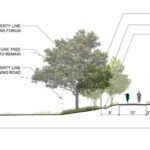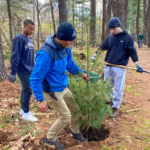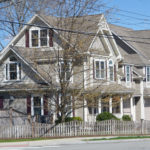
The Belmont Farmers’ Market 17th season opens on Thursday, June 2, and will be operating on Thursdays from 2 to 6:30 PM in the Belmont Center municipal parking lot. Opening day will feature information about food assistance programs available statewide and through programs offered in Belmont and at the market. Find out about SNAP (formerly food stamps), HIP (free produce for SNAP recipients), and the Farmers Market Nutrition Program (free produce for seniors and WIC families). The market doubles SNAP funds; note that the number of SNAP households in Belmont increased by almost 50% between 2019 and 2021. You can [READ MORE]










